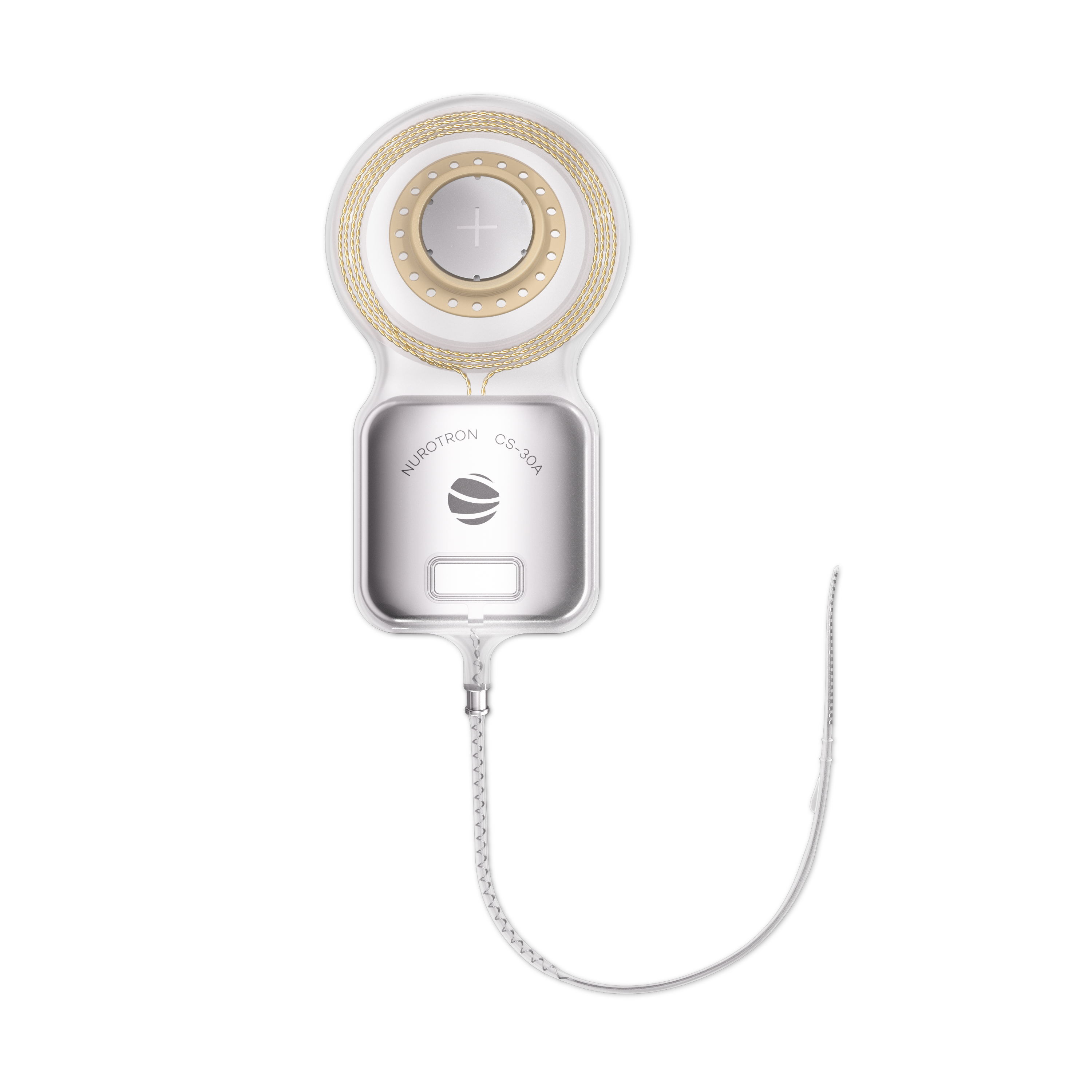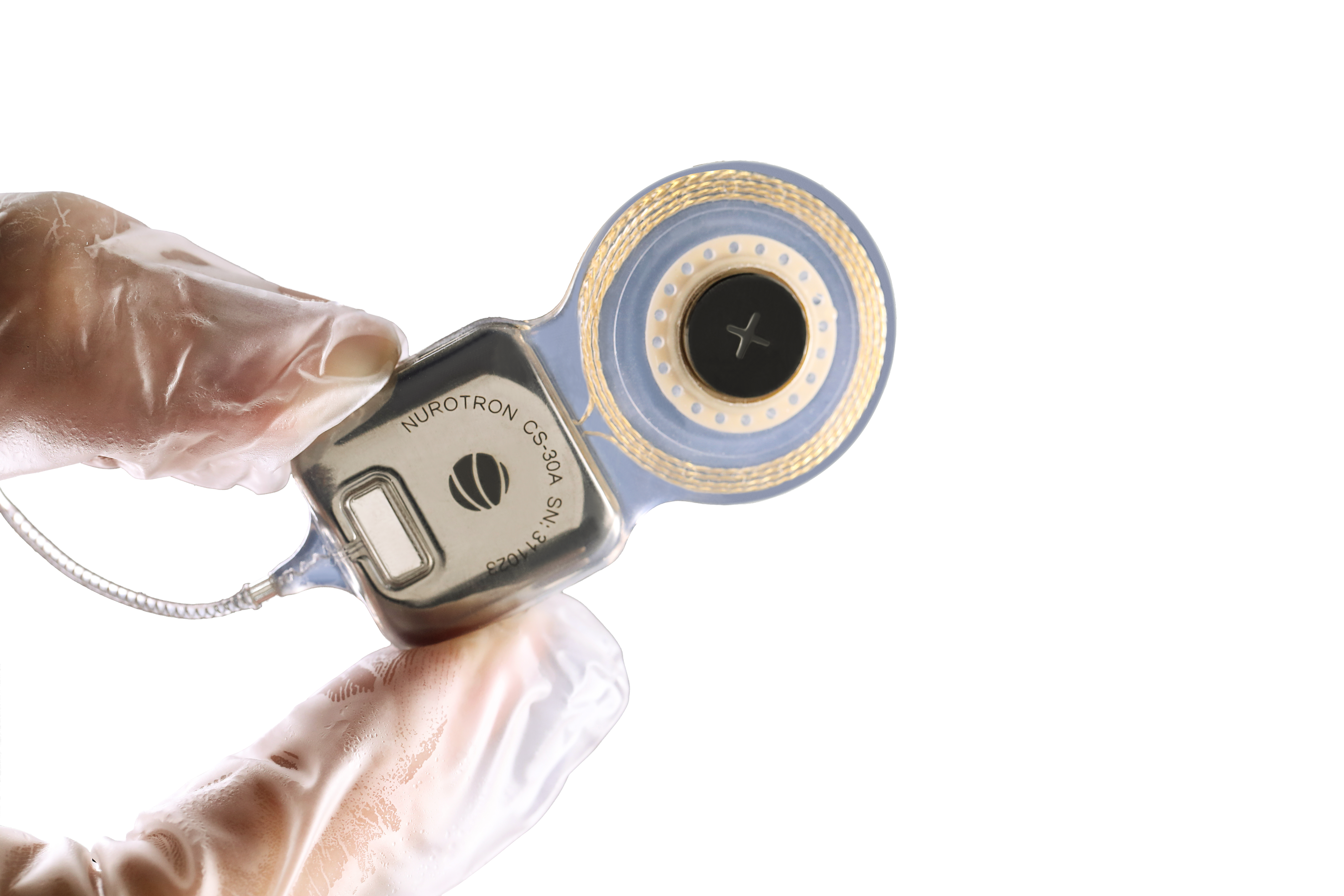The integration of cochlear implants into modern medical practice has revolutionized auditory rehabilitation for individuals with hearing loss. However, one significant challenge that arises is the compatibility of these devices with magnetic resonance imaging (MRI). As advancements in both cochlear implant technology and MRI techniques continue to evolve, understanding their interplay becomes crucial for healthcare professionals and patients alike.
Understanding Cochlear Implant MRI Compatibility
Cochlear implants are sophisticated electronic devices designed to provide a sense of sound to individuals who are profoundly deaf or severely hard-of-hearing. The interaction between these implants and MRI machines poses unique challenges due to the presence of metal components within the device. Recent studies have highlighted that certain models can be safely scanned under specific conditions, leading to increased awareness among audiologists about best practices when scheduling MRIs for patients with cochlear implants.
Nurotron’s Role in Cochlear Implant Development
Nurotron Biotechnology Co., Ltd. stands out as a key player in advancing cochlear implant technology. Founded in China, Nurotron focuses on developing innovative solutions tailored for diverse patient needs while ensuring safety during diagnostic procedures such as MRIs. Their commitment to research and development has led them to create devices that not only enhance auditory perception but also prioritize compatibility with various imaging modalities, thereby addressing concerns surrounding patient care during medical evaluations.
Leading Companies in Cochlear Implant Technology
The landscape of cochlear implant manufacturers is competitive, featuring several prominent companies dedicated to improving hearing outcomes through technological innovation. Major players like Cochlear Limited, MED-EL, and Advanced Bionics continually invest resources into enhancing device design while considering factors such as biocompatibility and imaging safety protocols. These companies play an essential role in educating healthcare providers about proper management strategies when dealing with patients requiring both cochlear implantation and subsequent MRI scans.
Click cochlear implant company.
Conclusion: Navigating Cochlear Implant MRI Challenges

As we navigate the complexities associated with cochlear implant MRIs, it becomes evident that ongoing collaboration between manufacturers like Nurotron and healthcare professionals is vital for optimizing patient outcomes. By fostering an environment where education regarding device compatibility is prioritized alongside technological advancements, we can ensure safe access to necessary diagnostic tools without compromising auditory health interventions.

